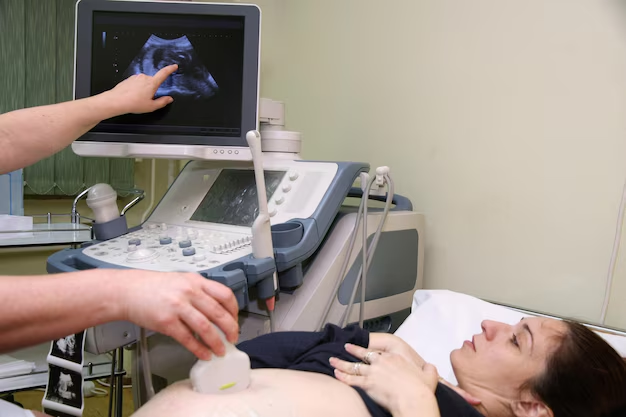How Long Does It Take to Become a Sonographer? Degrees, Certifications, and Licenses Needed
A career as a sonographer is not only rewarding but also pivotal in the healthcare industry. To embark on this path, aspiring sonographers typically start with a two-year Associate of Science degree in Diagnostic Medical Sonography. This foundational level of education prepares individuals for the technical and patient care skills needed in the field. Additionally, some may opt for a more comprehensive four-year Bachelor's degree, which can provide deeper insights and broader opportunities in specialized fields of sonography.
Beyond a degree, becoming a certified sonographer can greatly enhance job prospects. Certification is highly recommended and often required by employers, typically through the American Registry for Diagnostic Medical Sonography (ARDMS). To attain this certification, individuals must pass a rigorous exam and maintain their credentials with continued education to stay updated with the latest advancements in diagnostic imaging. Aspiring sonographers should consider enrolling in accredited programs that are designed to meet these certification requirements.
Essential Pathways to Become a Sonographer:
- 🎓 Associate's Degree in Diagnostic Medical Sonography (2 years)
- 🎓 Bachelor's Degree in Sonography or Related Field (4 years)
- 📜 Certification from the ARDMS
- 🎓 Specialized Certifications in areas such as Vascular Technology or Echocardiography
- 🔖 Continued Education for maintaining certification and staying current
By following these educational and certification pathways, you can position yourself for a successful and fulfilling career as a sonographer.

Related Topics
- Becoming Dental Hygienist
- Becoming A Phlebotomist
- Dental Hygienist Duration
- Dialysis Tech Timeline
- Dialysis Technician Timeline
- Flight Paramedic Duration
- Hygienist Timeline
- Become Lab Tech
- Mammography Tech Timeline
- MRI Technologist Duration
- Nurse Technician Timeline
- Pathologist Assistant Timeline
- Pediatric Sonographer Timeline
- Pharm Tech Timeline
- Pharmacy Technician Timeline